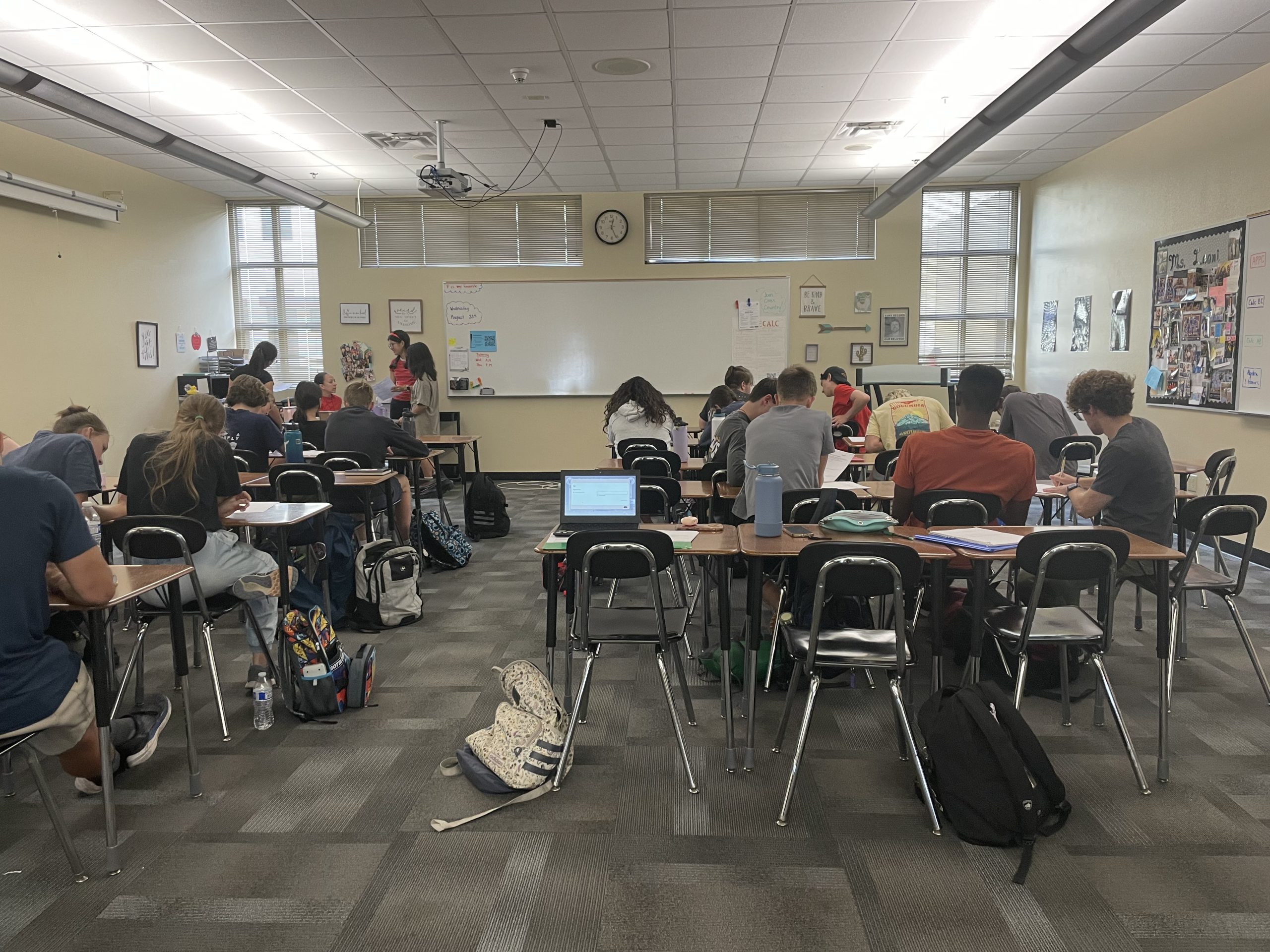As the school year progresses, many high school students are already beginning to feel the pressure of their AP classes. If it’s their first time taking an AP class, or even if they’re a veteran AP student, the sudden workload can be overwhelming for many, especially if a student’s taking multiple APs in one year.
One may wonder if there’s anything valuable about these classes. Some may wonder if it’s even worth it to put yourself through such rigorous coursework.
It’s up to you whether you get anything out of these classes. Yes, your teachers may affect your experience and make things easier or harder for you, but at the end of the day, it’s your responsibility to study for the AP exam in May.
If you do end up getting a good score on the test, the college you attend may accept it as credit for the equivalent college class, saving you time and money. So clearly, taking these classes are valuable. But it’s easier said than done to not only pass the exam, but also to pass the class.
Mrs. Paula Auble, an AP U.S. History teacher who’s been teaching AP for 11 years, states that in order to be successful, students should be active in their learning by studying consistently. “If a course has something (textbook, articles, etc.) for students to read, they should read. Students should also be working with the information on their own, whether that is taking their own notes from reading, watching support videos, or using study tools like digital flashcards,” she advises.
Unfortunately, many students do the opposite.
These same students then blame their teachers for their poor performance on the AP exam. So one thing students should do in order to be successful in AP is take advantage of the opportunities their teachers give them.
“The key is that if a student feels like they are struggling, talk to the teacher and make a plan. It may require some extra time in Viper Connect or after school – but AP teachers know these classes are challenging and want to provide support,” Auble continues.
If students do find themselves struggling in their AP classes, they should never feel afraid or judged to ask for help. In a lot of ways, AP is a partnership between teachers and students. Teachers give students the tools they need to succeed, and students should use them, even if that means having to ask for help from time to time.
Mrs. Chelsea Reyna, who’s been teaching AP Language and Composition for 3 years, suggests that students take an AP class, even if they aren’t planning to attend college. “It gives students valuable experiences,” she states. “Even if they aren’t going to college, they learn to think more critically.”
AP classes don’t only give students skills to succeed in college, but they also provide the skills needed to succeed in their lives. Things like responsibility, determination, and creative thinking are often exhibited in these classes.
Allison Rosperski, a junior who’s taken one AP class and is currently taking two, suggests that students start preparing early. “Don’t fall behind, and start studying around two months before the AP exam,” she urges.
Depending on the class, it’s typically recommended that students start studying for the exam about a month or two in advance in order to be totally prepared. And it’s easier to focus on studying when you’re all caught up with current assignments
AP classes are an extremely valuable resource available to students. Even if they aren’t confident in their academic abilities, AP classes can not only teach them studying and accountability, but they can also make students more efficient learners.




